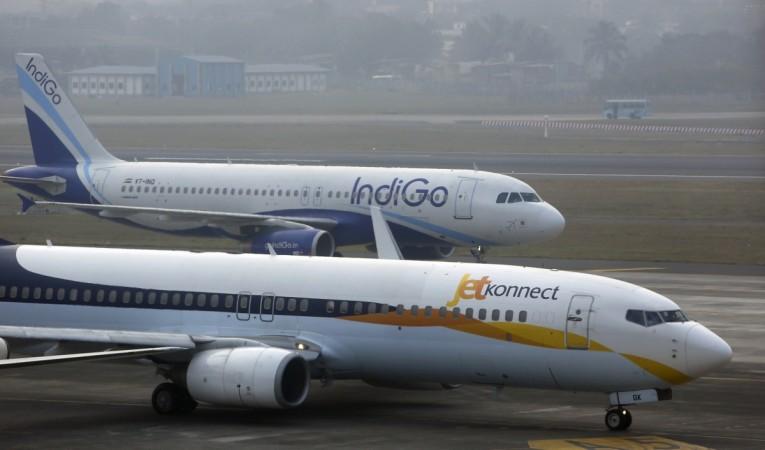
The proposal introduced on Tuesday of a climate change deal which claims to curb pollution from commercial flights is not equitable and may not lead to a fair agreement, India's aviation minister said.
The deal proposed at the ongoing United Nations-led talks from September 27 to October 7 at the International Civil Aviation Organization (ICAO) in Montreal is also considered to be diluted by the fact that it is being made voluntary for the first five years.
"(We'll decide) once the nuts and bolts become clearer. Until then, our fears are that it is not equitable." Ashok Gajapathi Raju, Union minister for civil aviation was quoted saying by Reuters.
The deal that is backed by the United States and China is targeting to limit rising airline pollution to 2020 levels after it takes effect in 2021. Commercial aircraft emit 11 percent of carbon emissions produced from transportation.
Ironically, the news comes at a time when Indian civil aviation industry is growing at a fast clip. Indian carriers such as Air India, IndiGo, Jet Airways, SpiceJet, GoAir, AirAsia India and Vistara flew about 83 lakh (8.3 million) passengers during the month of August, an increase of 24 percent over the same month last year.
As with other deadlocks with climate change in the past, the question again boils down to developing country wanting more leeway to produce emissions than developed countries whose aviation is growing slowly but were responsible for generating the majority of the industry's greenhouse gases.
But a country's non participation will have a domino effect as the exemptions will be extended to all foreign carriers (even ones from participating states) on routes to and from that country.
Fearing that the deal is not tough, environmentalists and European lawmakers are concerned that emitters like India will not participate in the first phase. The agreement only affects international flights and is set to become mandatory in 2027. So far, 58 states have signed up.
If many countries refuse to join, lawmakers in Brussels have also considered a contingency. They plan to impose the EU's own emissions scheme on international flights.
"(If) it's another situation (where) almost nobody would participate, then international aviation is just not covered and I could not imagine that my colleagues would support keeping it uncovered until 2027," said German MEP Peter Liese of the centre-right bloc, the largest party in the European Parliament.
For airlines, supporting global agreements is more cost effective than a patchwork of national and regional deals. Case in point – a European deal that was temporarily imposed on foreign carriers created a trade row in 2012.
Aviation was excluded from December's climate accord in Paris when countries agreed to limit the rise in global temperatures to "well below" 2 degrees Celsius (3.6 degrees Fahrenheit) above pre-industrial levels.
The ICAO deal would require airlines to limit their emissions or offset them by buying carbon credits from designated environmental projects around the world.

















